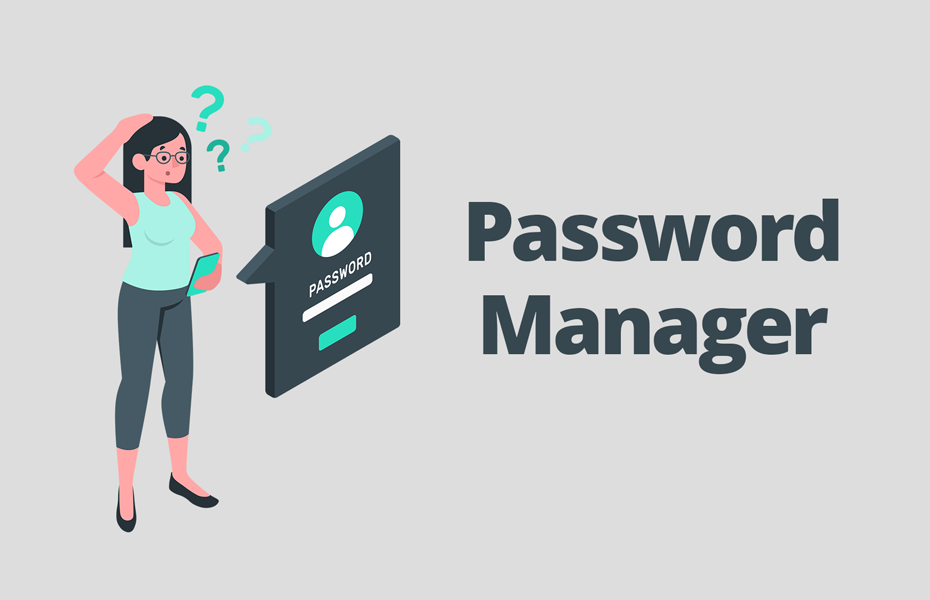and the benefits of using one
Password Manager is a software, designed to store and manage online credentials. It also generates passwords. Usually, these passwords are stored in an encrypted database and locked behind a master password.
Once you’ve entered all your account details (usernames and passwords) into the vault, your master password is the only one you have to commit to memory. It unlocks your password vault and from there you can retrieve whatever password you need. Very handy, isn’t it?
What are the actual benefits of using a password manager?
You don’t have to memorize all your passwords anymore. You only need to remember the master password that unlocks your password vault.
They can auto-generate highly secure passwords for you. Password managers will typically ask you if you’d like to use an auto-generated password whenever you create a new account with a website or application. These random passwords are long, contain a “cocktail” of different types of characters.
Are password managers safe?
Password managers have been hacked before, but their overall track record when it comes to securing user data is very good. It is like airplanes. You still hear about airplane crashes, but air transportation is still the safest way to go from A to B.
Types of password managers
Cloud-based password managers store your encrypted passwords on the service provider network. The service provider is directly responsible for the security of your passwords. The primary benefit of cloud-based password managers is that you can access your password vault from any device as long as you have an Internet connection.
Desktop-based password managers store your passwords locally on your device, like your laptop, in an encrypted vault. Unfortunately, you can’t access those passwords from any other device, and if you lose the device, then you lose all the passwords stored there. Thus cloud-based password managers are the preferable choice. Locally-installed password managers are a great option for people who just don’t want their data stored on someone else’s network. Some locally-installed password managers strike a balance between privacy and convenience by allowing you to create multiple password vaults across your devices and sync them when you connect to the Internet.
Single sign-on (SSO). Unlike a password manager that stores unique passwords for every application you use, SSO allows you to use one password for every app. It is like your digital passport. When visiting a foreign country, a passport tells the officials at customs and immigration that your country of citizenship vouches for you and that you should be allowed to enter with minimum hassle.
